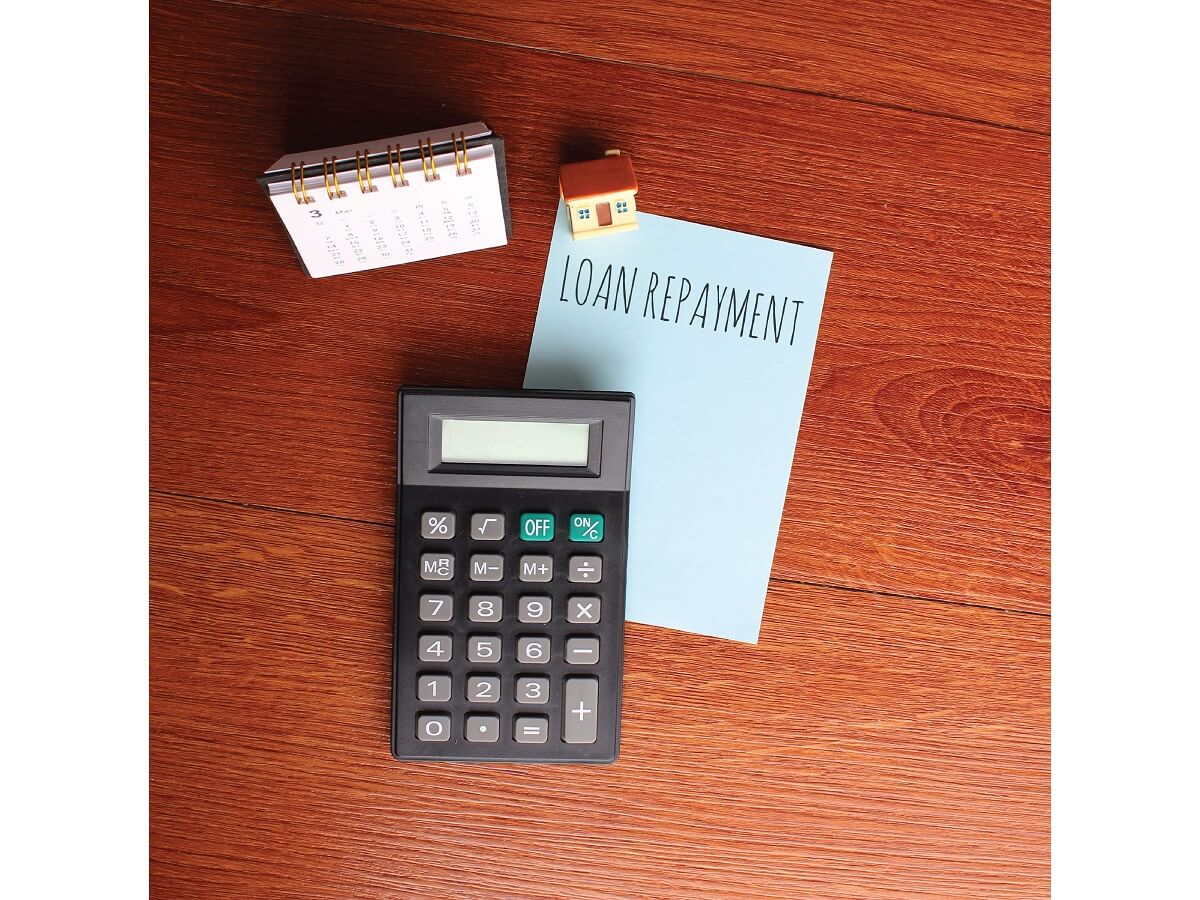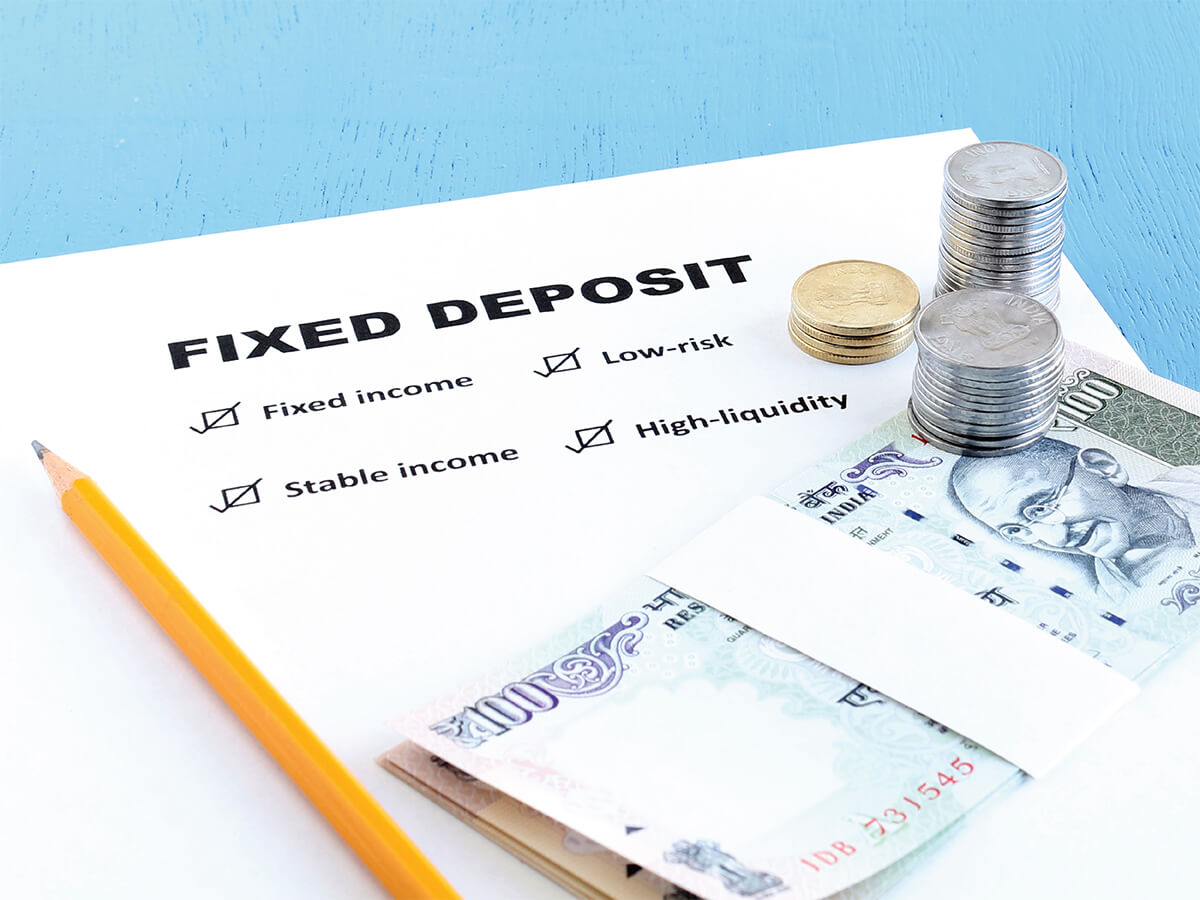Owning a home is a cherished dream for many Indians. However, repaying a home loan over an extended period can be daunting. If you wish to achieve financial freedom sooner and reduce your long-term interest burden, utilising FD investment for early home loan repayment can be a smart strategy.
In this blog post, we will explore how fixed deposits can play a pivotal role in accelerating the payoff of your home loan, helping you achieve debt-free homeownership sooner.
Understanding early home loan repayment
By making additional payments towards the principal amount, borrowers can reduce the outstanding balance and consequently, the interest paid over the duration of the home loan. This approach shortens the loan tenure and also results in substantial interest savings.
Using fixed deposits for early repayment
By opening fixed deposits, you can leverage the benefits of fixed deposit for early home loan repayment. Here's how you can strategically utilise FD investment to accelerate the payoff process:
1. Creating a fixed deposit reserve
It is essential to allocate some of your savings towards creating a fixed deposit reserve. This reserve acts as a safety net, ensuring you have readily accessible funds to cover your home loan payments in case of unforeseen circumstances such as job loss or medical emergencies.
2. Interest earnings
The interest earned from your fixed deposits can be used to make additional payments towards your home loan principal. This reduces the outstanding balance and shortens the loan tenure, effectively accelerating the repayment process.
3. Lump-sum payments
Whenever you have a surplus of funds, consider using a portion of these funds to open or top up FDs. The interest earned can then be directed towards making lump-sum payments on your home loan.
4. Regular contributions
Setting up a systematic approach by regularly contributing a fixed amount to your fixed deposits allows you to accumulate funds over time. You can then channel the interest towards early home loan repayment.
Benefits of using fixed deposits for early home loan repayment
Utilising fixed deposits for early home loan repayment offers several benefits:
- Interest savings: By making additional payments towards your home loan principal, you reduce the outstanding balance and the interest accrues over the loan tenure. This translates to significant interest savings in the long run.
- Reduced loan tenure: Accelerating your home loan payoff through fixed deposits leads to a shorter loan tenure. This means you become debt-free sooner and have more financial freedom to pursue other goals.
- Financial security: A fixed deposit reserve provides a safety net during financial uncertainty. It ensures you continue to pay your home loan even during unexpected challenges.
- Peace of mind: Actively working towards early home loan repayment can provide peace of mind and a sense of accomplishment. It alleviates the stress associated with long-term debt.
- Increased home equity: Making additional payments towards your home loan principal increases your home equity. This offers you greater flexibility and options for future financial decisions.
Additional read: FD Calculator For Retirement Planning
Considerations and tips
While utilising fixed deposits for early home loan repayment is advantageous, there are some considerations and tips to keep in mind:
- Check for prepayment charges: Before making early repayments, check with your lending institution for any prepayment charges or penalties. Some lenders impose fees for early loan payoff, which could impact the overall cost-effectiveness of the strategy.
- Evaluate interest rate differential: Compare the FD interest rate earned with the interest rate on your home loan. If the FD interest rate is significantly higher, using the interest earnings to repay the loan makes sense.
- Balance liquidity needs: While utilising fixed deposits for early home loan repayment is beneficial, balance allocating funds to FD investment and maintaining sufficient liquidity for other financial needs.
- Periodic review: Regularly assess the progress of your early repayment strategy. Review your home loan amortisation schedule and track how additional payments impact your loan tenure.
- Consult financial professionals: Before making significant financial decisions, consult financial advisors or professionals who can provide tailored guidance based on your specific situation and goals.
Conclusion
Using fixed deposits for early home loan repayment is a prudent and effective strategy for homeowners looking to achieve financial freedom and save on interest costs. By channelling the interest earned from fixed deposits towards your home loan principal, you can significantly shorten the loan tenure and enjoy the peace of mind that comes with being debt-free sooner.
Remember to consider factors such as prepayment charges, FD interest rate differentials, and liquidity needs, and periodically review your strategy. If you're ready to take control of your mortgage and explore options like fixed deposits, Mahindra Finance offers several personalised solutions to meet your needs. Empower yourself financially and accelerate your journey to debt-free homeownership with Mahindra Finance.
FAQs
Q: Can I open a fixed deposit online?
A: Yes, many banks offer online facilities to open fixed deposits conveniently from anywhere at any time. You can compare FD interest rates and choose the best option for your needs.
Q: Is it possible to top up FD (existing)?
A: Yes, most banks allow you to top up your fixed deposit by adding additional funds.
Q: Can I use a fixed deposit to repay a personal loan?
A: While it is possible to use a fixed deposit to repay a personal loan, it is essential to consider the terms and conditions of the personal loan. Some lenders may have restrictions on using FD investment for loan repayment.






















































